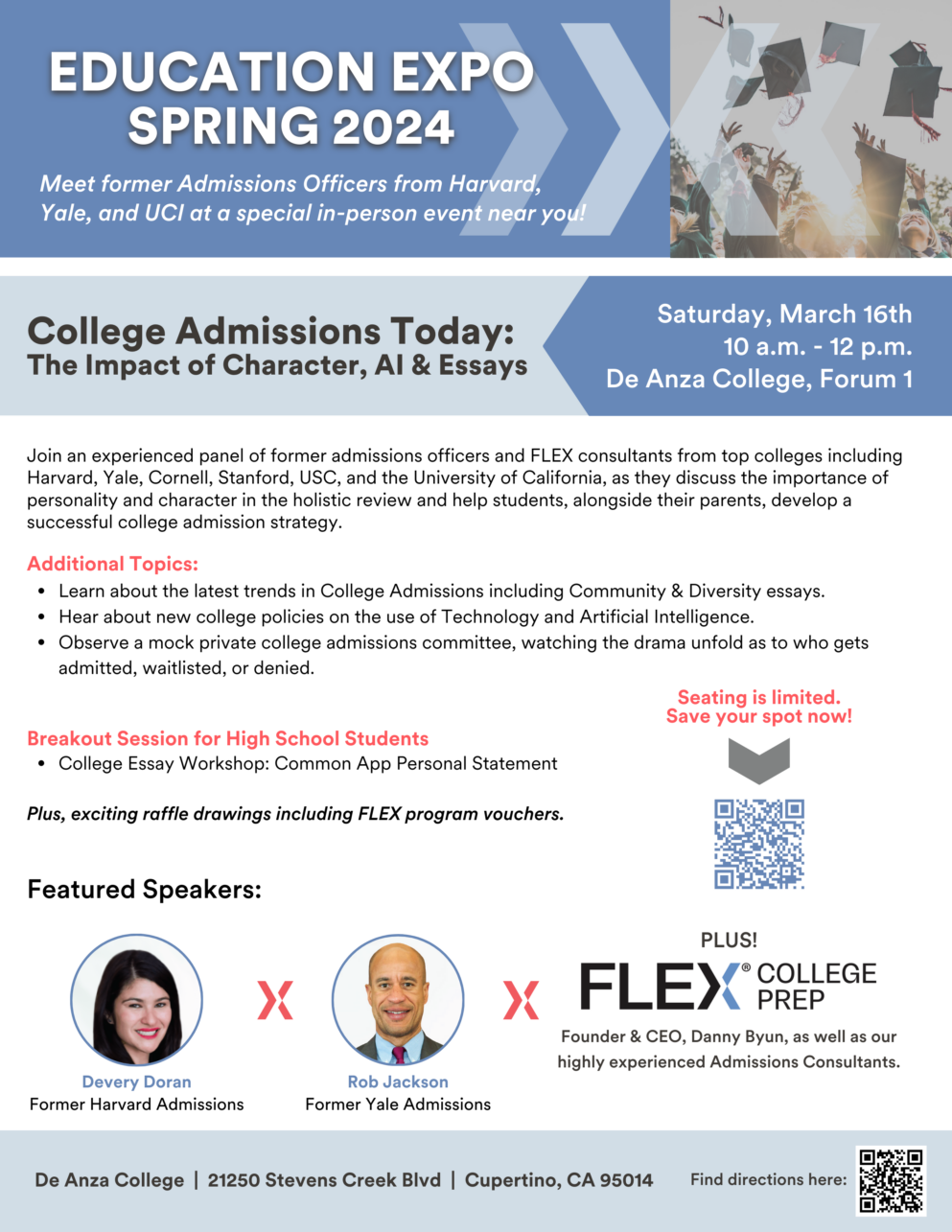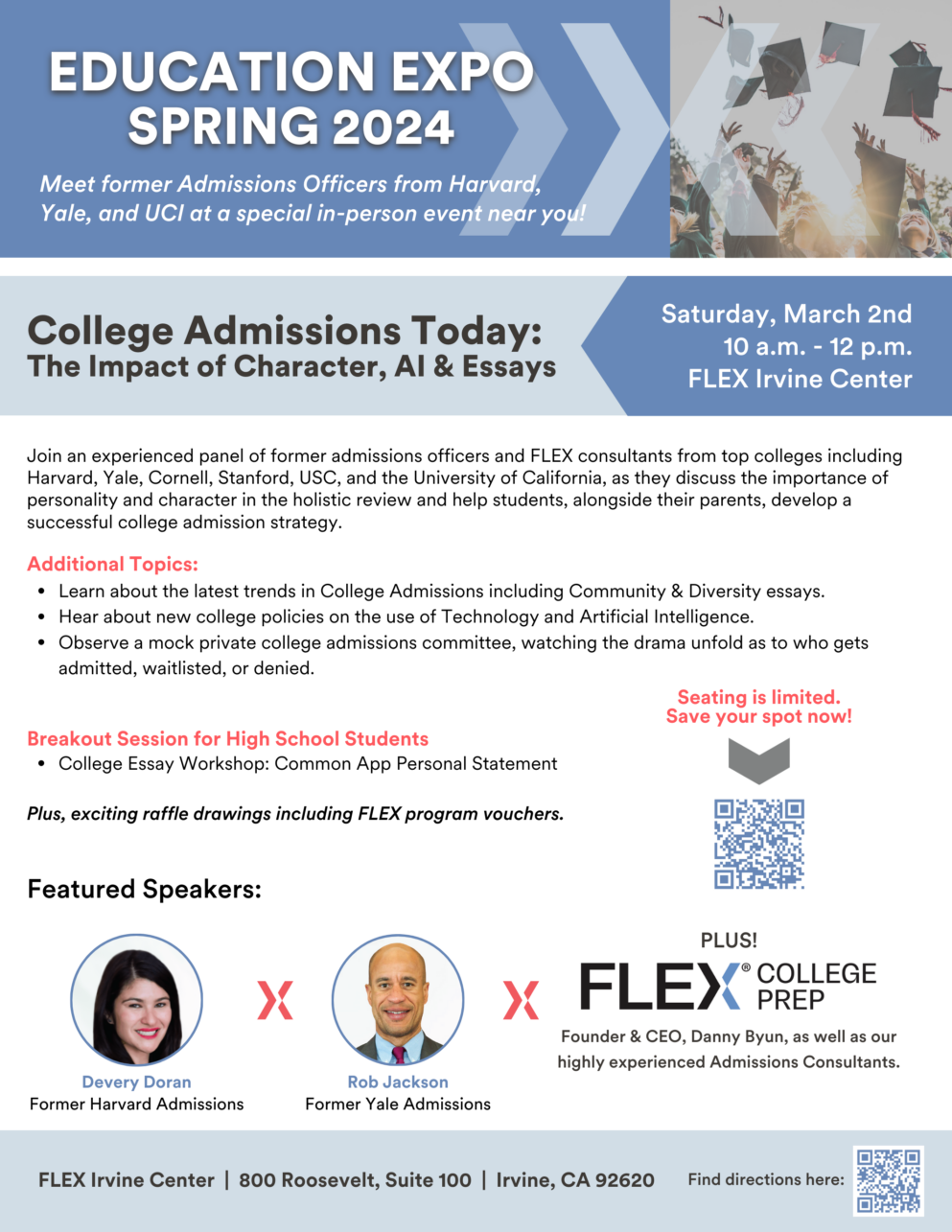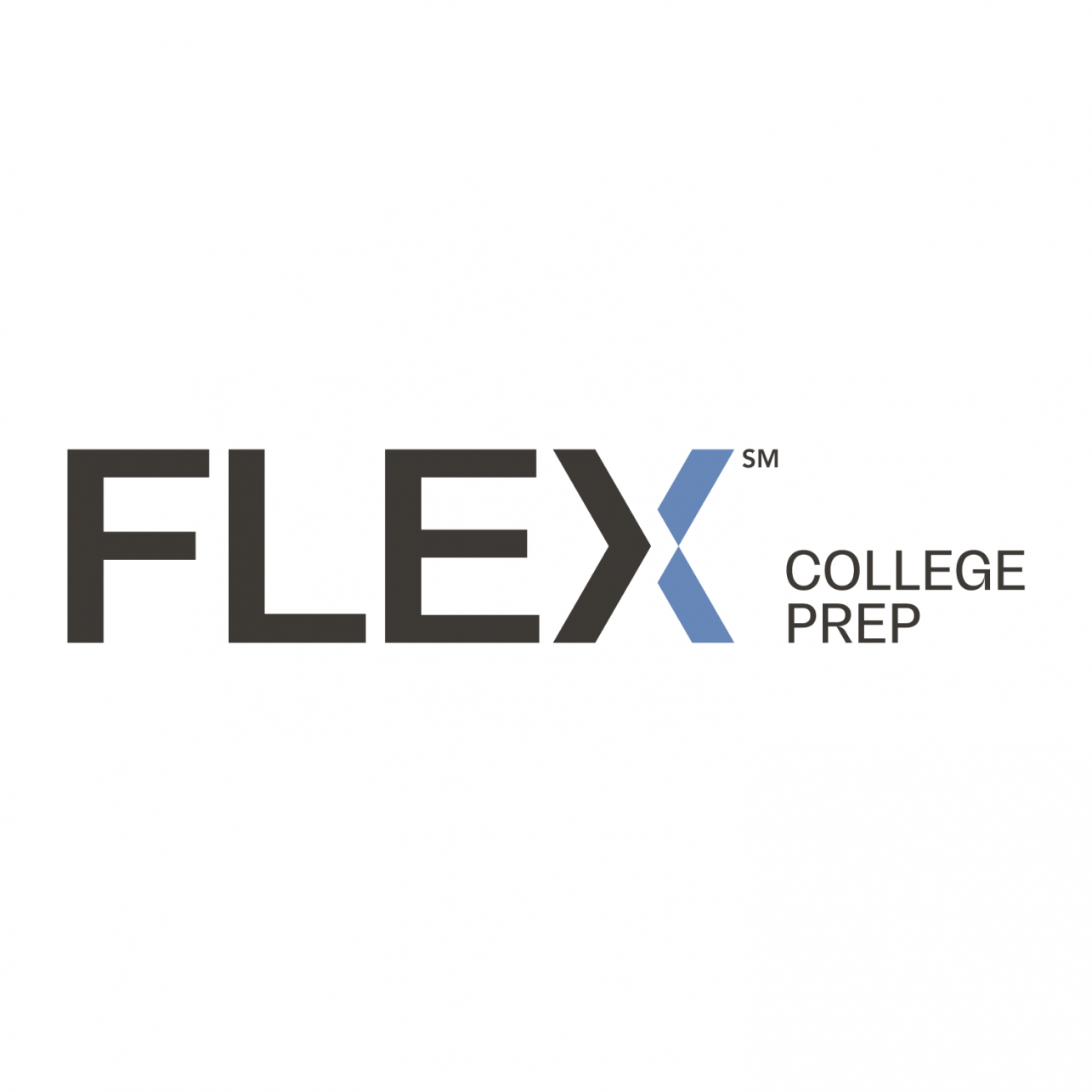Juniors. Parents of juniors. It’s time to discuss college applications.
Many of you may think application deadlines are far away – a thing to be tackled when your demanding junior year schedules (School tests! Standardized tests! Activities!) finally ease up. The reality? Your schedules won’t ease up.
From junior year to first semester of senior year, you’ll only get busier.
This is especially true of students who didn’t proactively plan and find themselves entering senior year having to maintain their GPA in advanced classes, take or re-take standardized tests, and build their resumes – all while completing lengthy college applications that require a distinct set of authentic and strategic essays per college.
In fact, let’s take a closer look at those college applications to understand what seniors will ultimately face.
While most students will fill out just two main applications (the UC application for all the UCs, the Common Application for most private colleges and universities), the number of required essays will vary depending on a student’s list and will easily balloon even with just a few colleges.
At a bare minimum, students applying to both public and private universities will write the following:
- 4 mid-length (350 word) responses for the UCs
- 1 long (650 word) personal statement for the Common App
However, this doesn’t take into account the required supplemental essay questions that a particular institution often includes to assess student fit. It’s safe to assume that for most of the colleges and universities you’re interested in, supplements for each are the norm.
Supplemental essays are time-consuming and school specific – meaning that if students want to put together a competitive application that distinguishes them from their peers who may have similar GPAs and test scores, they need to start their self-reflection and college research process early as answers can’t simply be copied and pasted from one application to the next.
Many colleges make the supplements a critical and significant part of their application review process.
- Stanford University, for example, requires students to respond to 8 supplemental questions including 5 short answer responses (which may be as short as 50 words each) asking questions such as: “What historical moment or event do you wish you could have witnessed?” to other prompts which seek responses of up to 250 words asking the student to write a letter to their future roommate, and yet another response on “an idea or experience that makes you genuinely excited about learning.”
- Brown University requires 3 of its own essays, as does UPenn which for this past year asked students to “Write a short thank you note to someone you have not yet thanked and would like to acknowledge.”
College application essays are a challenge for even the brightest of students and those who’ve mastered high school level writing because the genre of college application essay writing differs from the type of writing that students have been trained to do in high school (summary, thesis driven essays, analysis, etc.). Instead, students are tasked to get deeply reflective about their learning experiences both within and beyond the classroom, to identify and contextualize their core values, to trace the origin stories of their multiple passions, to prove that they possess leadership beyond their titles accrued, and to advocate for themselves by highlighting their community impact, strengths, and skills all while coming across as authentic and not as boastful or over the top. This is a tall task!
If you consider that most seniors typically apply to 10-12 schools (with all UCs counting as 1), the total number of essays a student must write can easily reach 25-30 or more! Not to mention the multiple rounds of revision needed for each.
And those are just the essays. The college application has additional elements that require more time including:
- The process of filling out the applications themselves, including putting together a strategic and polished extracurricular activity list
- Securing strong letters of recommendation with enough lead-time for the people who will be writing them
- Coordinating the various pieces of info that needs to be sent to colleges (test scores, transcripts, portfolios, etc.)
- Preparing for the interview
Taking all these factors into consideration, FLEX has found that it usually takes a student anywhere from 80-120 hours to prepare a first college application well – which is usually an early application. (Of course once that first application has been completed, subsequent applications move more quickly.)
With foresight and planning, juniors can prepare for the time-consuming task that lies ahead.
Students who begin application prep early experience tremendous benefits, not only in terms of reduced stress and increased motivation but also in the quality of the application itself.
Without the pressure of an impending deadline, students tend to write more thoughtful and creative application essays. They can invest more time brainstorming for the right content. They can go through multiple drafts, if necessary. FLEX has found a significant decrease in the quality of student essays written once senior year begins. This is no surprise, given the fact that students are trying to produce these pieces while taking on a rigorous senior year course load.
It’s important to note that students must maintain their GPAs during the first semester of senior year. Some early decision schools such as Columbia, Duke, BU, Princeton, Tufts, and Vanderbilt even require first term progress reports.
Finally, there’s something about starting the application process that makes the idea of college more real to students. It helps them to start asking the right questions. It allows them to see themselves as viable candidates at a college or university. It gives them a chance to spot weaknesses in their resumes or experiences while there is still time to address them.
Students seeking to submit their best work and who would like to know more about how to turn a daunting college application process into a manageable and even deeply rewarding one should contact FLEX.
To learn more about our college admissions programs including FLEX ACE (Application & College Essay) for 11th graders, visit our Admission Consulting page.
Visit our Events page for a current schedule of events designed to address your questions and concerns about middle and high school education and the college admission process.
To speak with a FLEX consultant about college admissions, schedule a meeting on this calendar.

Students need to stand out in the competitive admissions landscape. FLEX College Prep is a team of the best strategists in the industry and takes a holistic approach to ensure students use their pre-college years in intentional, enriching, and personally satisfying ways. Since 2001, we’ve worked with families to help students unlock their potential and find happiness, meaning, and success in college and beyond.


































